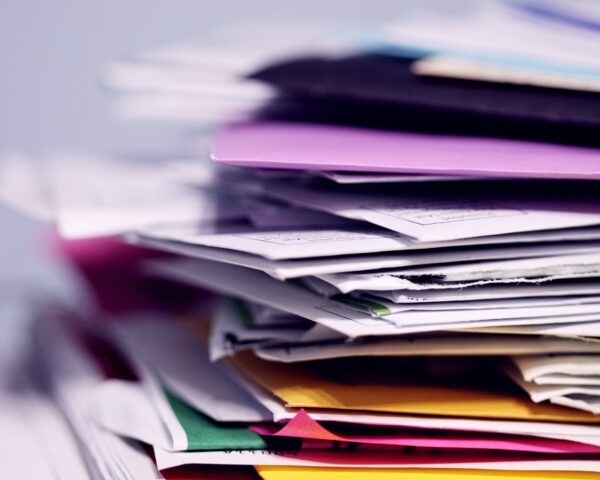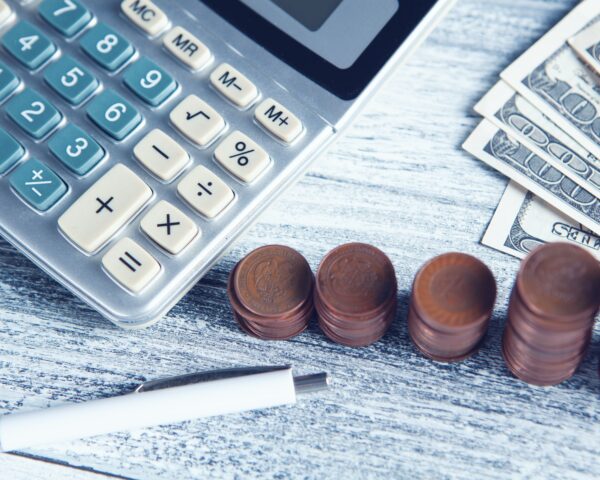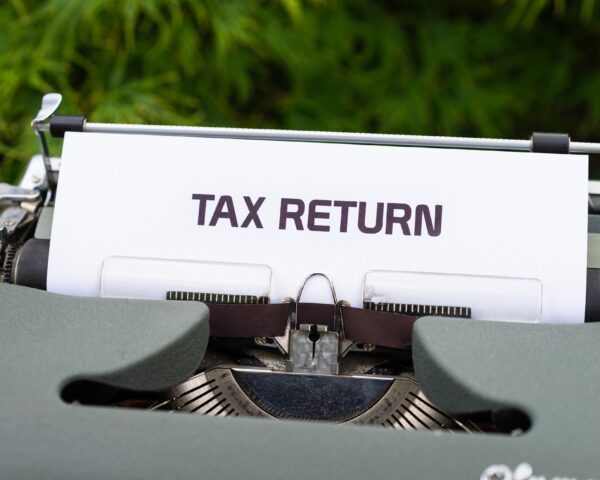It’s that time of year again, the count down to 31 January has begun. We’ve put down some of our self assessment top tips to keep you cool and calm.
1) Don’t be late – Pretty obvious, but don’t leave it to the last minute. If you submit after the 31 January deadline you’ll pay a fine of £100 (if you submit within 3 months) plus interest on any tax owed.
2) Apply for your UTR in plenty of time – HMRC move at a snails pace, it can take them months to get your UTR number out to you. If you don’t have one of these yet, apply ASAP.
3) Payments on account – You may need to pay these if your tax bill is over £2k. Don’t get caught short by not factoring these into any calculations/ estimates you do. More info on these – here
4) £100k Income – You start losing your tax free allowance after this. They pinch it back 50p for every £1 of income above £100k. If your income is above £100k you will more than likely need to complete a self assessment, so make sure you factor in the additional tax you’ll pay when the allowance is taken back. If you are marginally over this mark, it will probably pay to do what you can to bring your income down below £100k. Pensions give you some options here.
5) Gift aid charity donations – make sure you include these. If you’ve paid from net income your basic tax rate will be increased by your gross donation. Translated – you will save some tax.
6) Home office claim – if you’re self employed and you work from home, it’s worth understanding what costs you can include for your ‘home office’ and maximising this.
7) Dividend vouchers – Make sure you have these to support dividends. This will help you avoid double counting them year on year, and you also need to show them to HMRC if they ever ask for back up for dividends declared.
8) Business expenses – If you’re self employed make sure you are claiming for everything you can. You want to be reducing that net profit as much as possible, so make sure you don’t exclude valid business costs by mistake. HMRC has good information on what’s allowed – here
9) SEIS/EIS – If you’ve made investments, make sure you get your EIS certificates. You can include these to reduce your tax bill by 30% of the investment amount. You need that number on the certificate though.
10) Include your up to date bank details – If you are due tax back this will help you get repaid faster. Trying to get money back from HMRC is like trying to get blood out of a stone, so make it as easy as possible for them.
Feeling a bit queasy already? Give us a shout and we can prepare and submit yours for you, no sweat.









